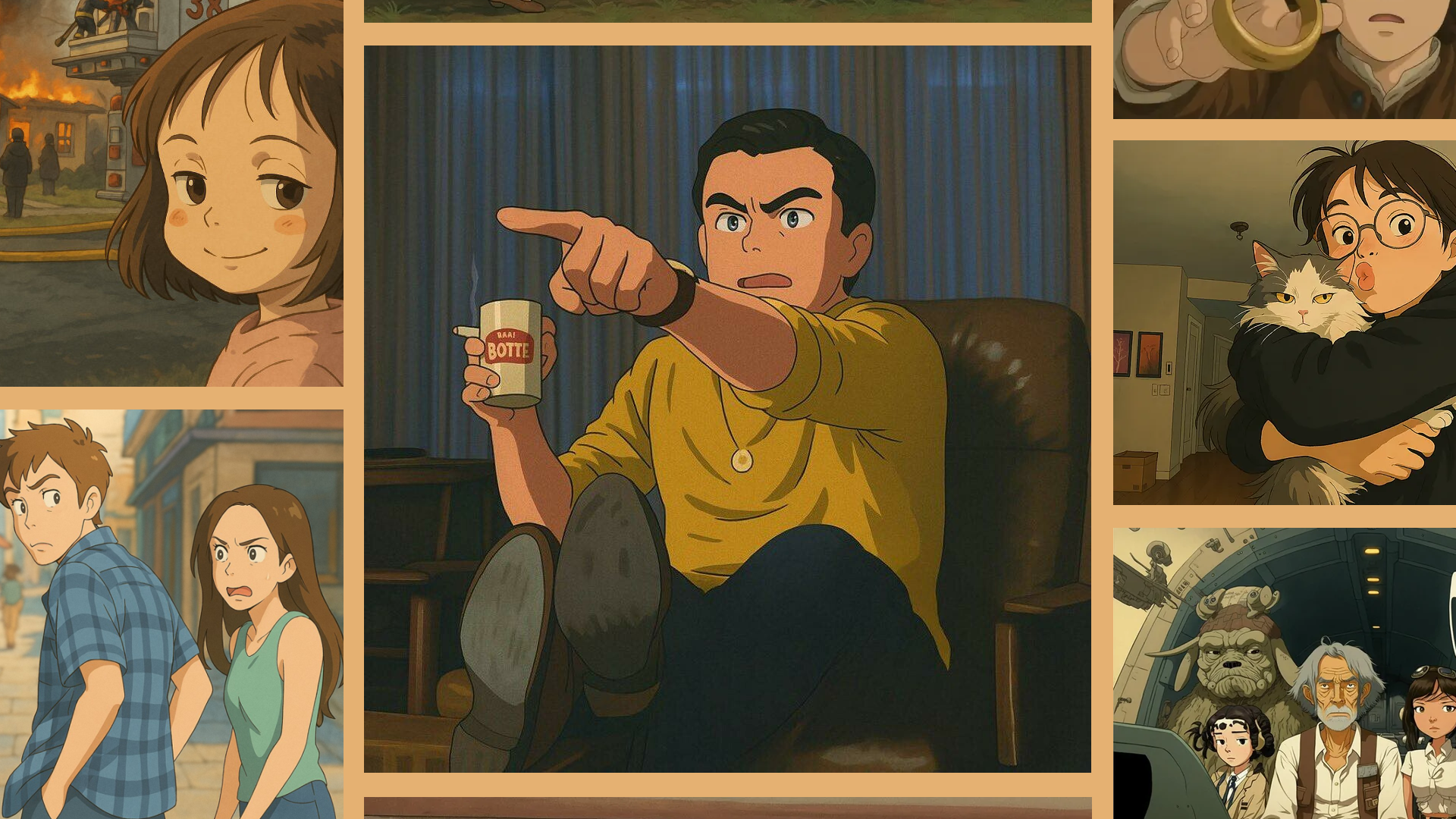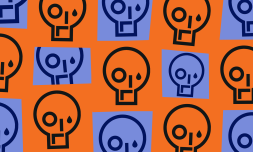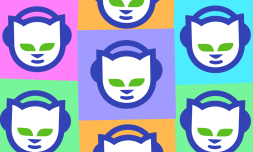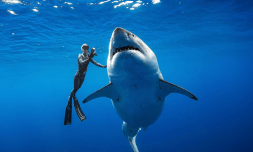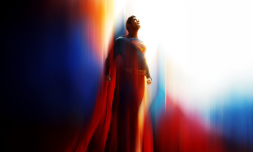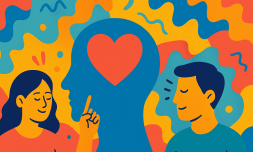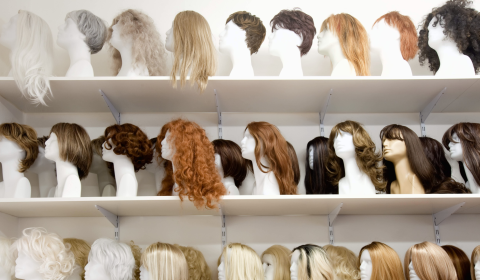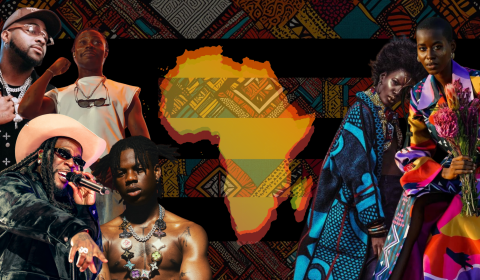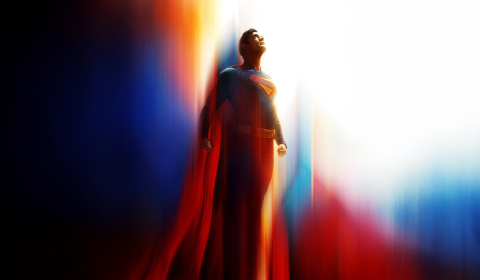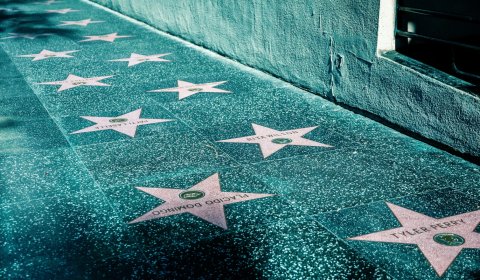Social media platforms are ablaze this week with users creating fake Studio Ghibli inspired artwork using generative AI. How much harm does this do to actual artists and animation studios?
Another week, another story of generative AI disrupting the creative industry.
This time, it looks like the legendary Japanese animation house Studio Ghibli is being dragged into the debate, as thousands of social media users generate and post ‘original’ images created in the company’s distinctive art style using a newly-updated OpenAI model.
Launched last Tuesday, this new version of OpenAI’s image generator apparently features a ‘natively multimodal model capable of precise, accurate, photorealistic outputs.’
Soon after release, users began to flood X and Reddit with their own images and memes that have been repurposed to look exactly like stills from a Studio Ghibli film. The company has made many iconic animated classics including ‘My Neighbour Totoro,’ ‘Spirited Away,’ and ‘The Boy and the Heron,’ to name just a few.
The trend has been so widespread that even The White House’s official social media pages have used the tool to depict an immigrant being arrested and deported, a nod to the current administration’s strict and increasingly aggressive immigration policies. It’s worth noting that none of these ‘artworks’ have been approved or verified by anyone from Studio Ghibli.
The reaction to this sudden burst of fake Studio Ghibli stills has been divisive, to say the least.
Plenty of users see this as nothing more than a bit of harmless fun, recreating their family portraits and personal pictures in a beloved, nostalgic and sentimental art style. You’ll find plenty of X users posting images with captions expressing joy and humour at what they’ve generated.
By equal measure, though, there has been an understandable outcry from artists and creators who feel this is a stab in the back to the human beings who created the original art style in the first place.
Some publications have described OpenAI’s tool as an ‘insult to art and artists,’ while some long-time fans wrestle with the ethical implications of creating unlicensed artwork that brings them personal happiness.
Keep in mind too that Hayao Miyazaki, Studio Ghibli’s co-founder, has been a very vocal critic about AI-generated artwork for a long while, describing the process as ‘an insult to life itself’ all the way back in 2016.
None of these images have been made with the consent of the artists or production studios that the model bases them on, which presents urgent questions about copyright and the licensing of information that OpenAI clearly uses as reference points.
As The White House’s X post demonstrates, creating an AI tool that steals the likeness of real artists allows anybody to weaponise a certain style for their own purposes.









